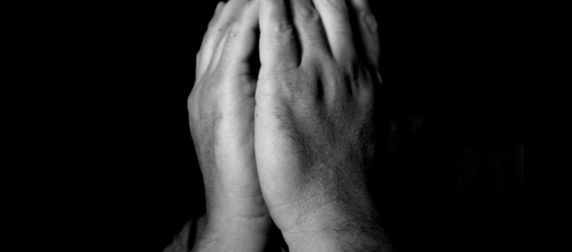The Secret World of Male Shame
There is a resistance in society for men to seek out mental health therapy and researchers show that it is due to the shame and stigma that is still attached to it. Research shows that men benefit from talk therapy at least as much as women. Yet most men still won’t go. A 2011 study revealed that women were three times more likely to see a doctor on a regular basis than men. If the traditional man is reluctant to exposing their physical vulnerabilities in a doctor’s office, it seems likely that they’d be unwilling to expose their emotional vulnerabilities to a therapist. Some individuals may initially try to become numb by throwing themselves into their work as a distraction or turn to alcohol and drug use as avenues of escape. When we feel overwhelmed and flooded with emotion, we shut down or lash out, and then react with anger. We see countless acts of aggression in society which could be prevented through self-care.
Societal messages received state that a true man is someone who can endure as much pain as possible without letting anyone know. Often times we hear the phrase ‘man up’, ‘Boys don’t cry’ or ‘grow a pair’ which means to suck it up; you are not allowed to feel or show negative emotions. It almost seems as though boys are trained to think they are not allowed to acknowledge their pain, and over time, the repressed agony will resurface in unproductive or aggressive ways. We see how these messages lead men not only to become emotionally numb but also to become unable to recognize and cope with these negative feelings. Shame is attached to asking for or seeking out help. Men therefore equate seeking assistance with weakness and are worried about the appearance of not being able to handle their own problems. This creates the experience of soured relationships with their significant others, higher rates of debilitating illnesses and premature death.
Shame, like happiness, fear, joy and frustration, is a human emotion. In my opinion, it is neither “healthy” nor “unhealthy”. We all experience it, except perhaps the psychopathic personality. Now remember, there is a difference between shame and guilt. Guilt is the feeling which causes remorse for something you did wrong, while shame can cause someone to feel as though they are defective as a human being. It is the behavior and cognitive responses to the emotion of shame, not the shame itself, which is problematic. I suggest that we accept the emotion, observe the thinking without judgement and allow ourselves to respond to the emotion rather than react to the experience.


Comments are closed.